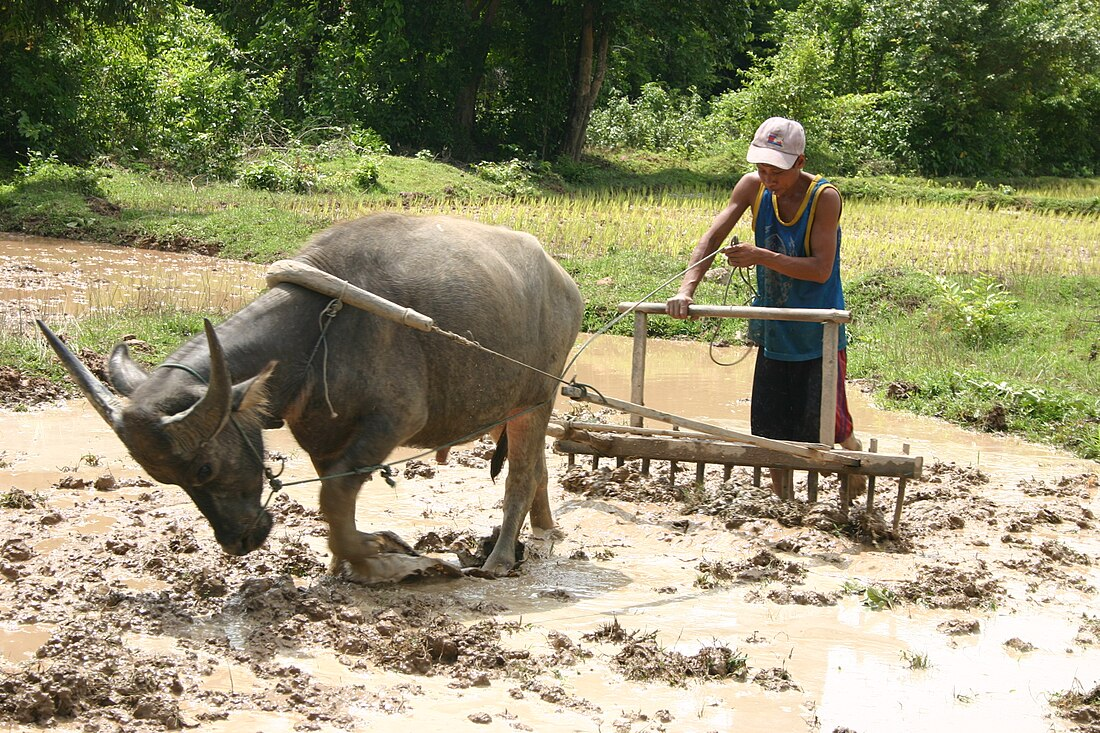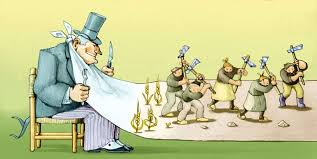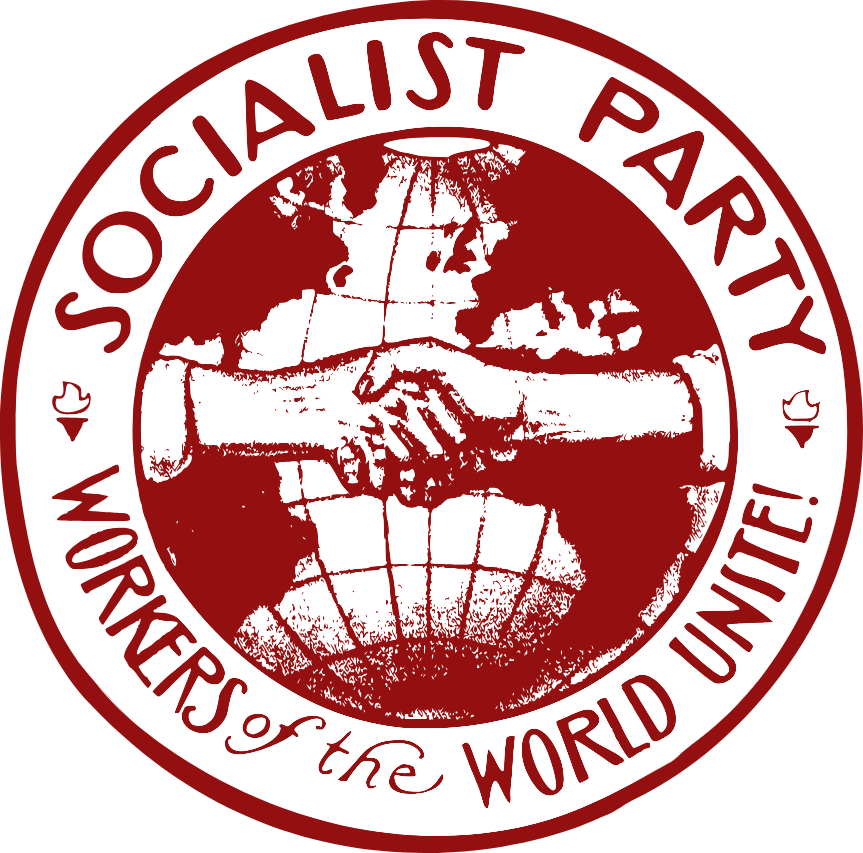HASSHPL2 - Economics Flashcards.
1/29
There's no tags or description
Looks like no tags are added yet.
Name | Mastery | Learn | Test | Matching | Spaced |
|---|
No study sessions yet.
30 Terms
Specialisation
Where a country will aim to produce products that they have an advantage in producing rather than trying to produce all consumption goods.
Trade
Countries will trade with other countries to obtain goods they do not produce
Interdependence
Dependence between participants in an economy that is, the reliance of consumers workers, business and government on each other.
Allocation
An analysis of how limited resources (also called factors of production) are distributed among producers, and how scarce goods and services are divided among consumers
Markets
Any structure that allows buyers and sellers to exchange any types of goods and services and information
Economic Growth
Increase in the capacity of an economy to produce goods and services, compared from one period of time to another
Living Standards
Level of wealth, comfort, material goods and neccessities available to a certain socio economic class in a certain geographic area.
Traditional Economy
What: Goods produced based on customs and traditions.
For whom: Mainly for local communities or families.
How: Using traditional methods passed down through generations.
Amish and Inuit

Capitalist Economy
What: Goods and services produced mainly for profit.
For whom: Consumers who have the ability to pay.
How: Driven by market demand, competition, and private ownership.
America and Australia

Socialist Economy
What: Goods produced to meet societal needs.
For whom: The community or society as a whole.
How: Through planned, collective efforts managed by the government or community.

Planned Economy
An economic system where the government or a central authority makes all decisions about the production and distribution of goods and services. It sets goals and plans what to produce, how to produce, and for whom to produce
Market Economy:
An economic system where decisions about production and distribution are driven by supply and demand in the free market, with little government intervention. Prices are determined by consumers and producers interacting freely.
Feature | Capitalist | Socialist | Market | Planned |
Ownership of Resources | ||||
Price Decisions | ||||
Equality Focus | ||||
Examples |
Feature | Capitalist | Socialist | Market | Planned |
Ownership of Resources | Mostly private | mostly government | private | government |
Price Decisions | market forces | government | supply and demand | government |
Equality Focus | low | high | low | high |
Examples | USA, Australia | cuba, north korea | australia, japan | north korea |
Consumer
buys, goods and services, provides labour
Producer
makes goods/services hires worker, sells to consumers
Government
collects, taxes, spends on services (education, defence, welfare)
Financial institution
accept savings, gives loans, helps more money through economy
Economic
The study of economics is how we use our limited resources to fulfill our unlimited wants and needs. To do this as consumers, we make choices. The study of economics is understanding how and why we make these choices.
Nation-States (Countries)
Definition: Governments that make laws, set trade rules, and shape economies.
Example: Australia signs trade deals and sets tax policies.
Central Banks
Definition: Control money, interest rates, and inflation.
Example: The Reserve Bank of Australia changes interest rates to manage the economy.
International Organisations
Definition: Global groups that support and regulate world trade and finance.
Examples: IMF gives loans, WTO sets trade rules, UN promotes global cooperation.
Multinational Corporations (MNCs)
Definition: Big companies that operate in many countries.
Examples: Apple, Toyota, Nestlé make and sell products worldwide
Financial Markets
Definition: Places where shares and currencies are traded.
Example: The New York Stock Exchange influences global money flow.
Banks and Financial Institutions
Definition: Lend money and support global business.
Example: Westpac funds trade between Australia and Asia.
Labour & Labour Unions
Definition: Workers produce goods; unions protect workers’ rights.
Example: A global union fights for fair wages in clothing factories.
Non-Governmental Organisations (NGOs)
Definition: Groups that push for fair trade, rights, and sustainability.
Example: Oxfam campaigns against child labour.
Consumers
Definition: People who buy goods and shape global demand.
Example: Millions buying iPhones affect Apple’s production choices.
Trade Blocs
Definition: Groups of countries that trade freely together.
Examples: EU, ASEAN boost trade and lower tariffs among members.
Technology Companies
Definition: Create digital tools that power global trade and communication.
Examples: Google and Microsoft support online business and data use.
Investment:
Refers to any spending by producer on capital equipment (for example machinery) will increase production in the future.